The British High Commission has dismissed claims that the British Army Training Unit Kenya (BATUK) ignored a summons by the National Assembly Defence, Intelligence and Foreign Relations Committee.
In a statement to newsrooms on Wednesday, August 13, a British High Commission spokesperson clarified that no formal request to appear before the committee had been received.
"Neither the British High Commission, UK Ministry of Defence, nor the British Army Training Unit Kenya (BATUK) has received a formal invitation to appear before Kenya’s Defence, Intelligence and Foreign Relations Committee.
"We continue to discuss with the Government of Kenya and the DIFRC how best to provide information in support of the inquiry," the statement read.
The spokesperson also highlighted the importance of the defence relationship between the two nations, describing it as mutually beneficial.
Read More
"The UK-Kenya defence partnership is one of the great strengths of our relationship and our joint training and collaboration with the Kenyan Defence Forces are keeping both Kenyan and British people safe," the statement added.
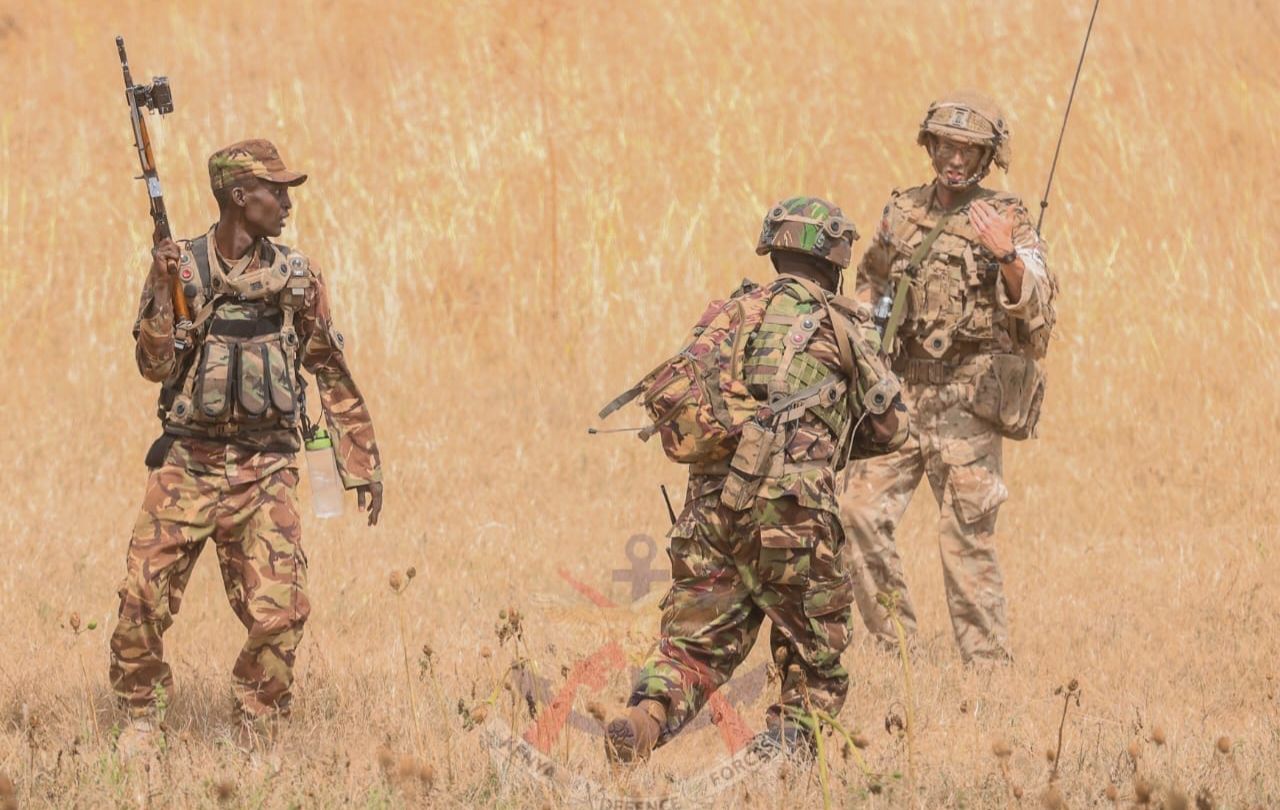
The Defence Committee had planned to hold a joint session on Tuesday, August 12, with BATUK officials and Defence Cabinet Secretary Soipan Tuya, but only the CS appeared before the lawmakers.
Committee chair Belgut MP Nelson Koech said BATUK would be given another opportunity to attend but cautioned against their continued absence.
“There are children born out of illegal relationships with British soldiers. This House was reluctant to pass the Defence Cooperation Agreement, so in the eyes of this committee, BATUK are hostile witnesses,” he said.
BATUK has been accused of a long list of human rights violations, with some cases dating back decades and others emerging as recently as this year.
One of the most notorious cases involves the 2012 killing of Agnes Wanjiru, a young woman whose body was discovered in a septic tank in Nanyuki after she was last seen with British soldiers.
An inquest later identified suspects, but more than a decade later, no prosecutions have taken place.
Fresh allegations surfaced through an ITV documentary, which detailed claims of British soldiers raping local women and girls, some as young as 13, and paying for sex.
Parliamentary hearings in Nairobi have provided an emotional platform for victims to speak out.
Among the testimonies was that of a young woman left permanently disabled after being struck by a BATUK vehicle.
While her hospital bills were initially paid, her compensation stalled, leaving her to struggle with mounting expenses.
"They sent a representative to tell me that they don’t want a court case and that they would take care of my daughter," she said in a BBC documentary.
Others described traumatic injuries and the sense of abandonment they felt when their cases appeared to be buried or ignored.
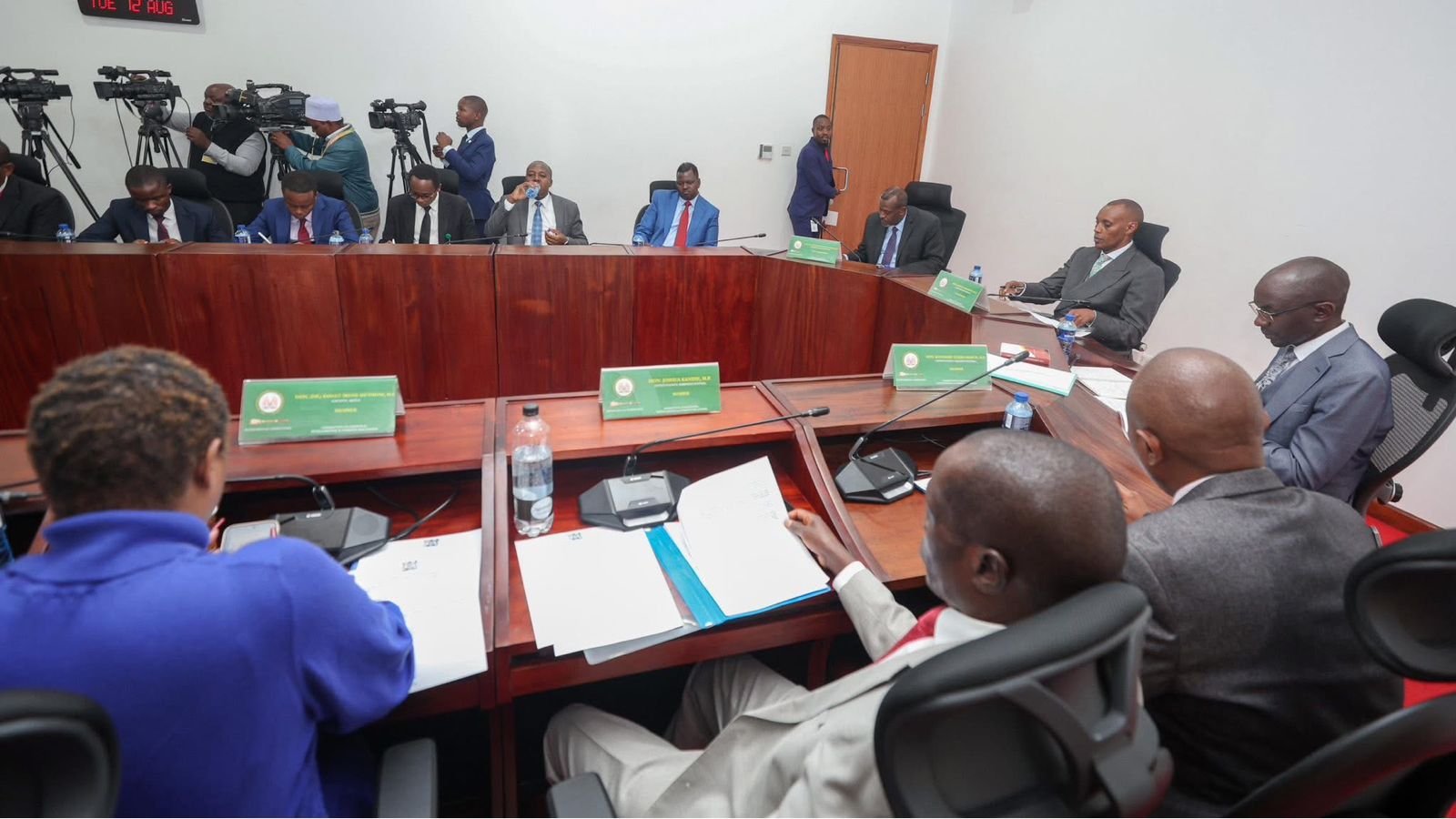

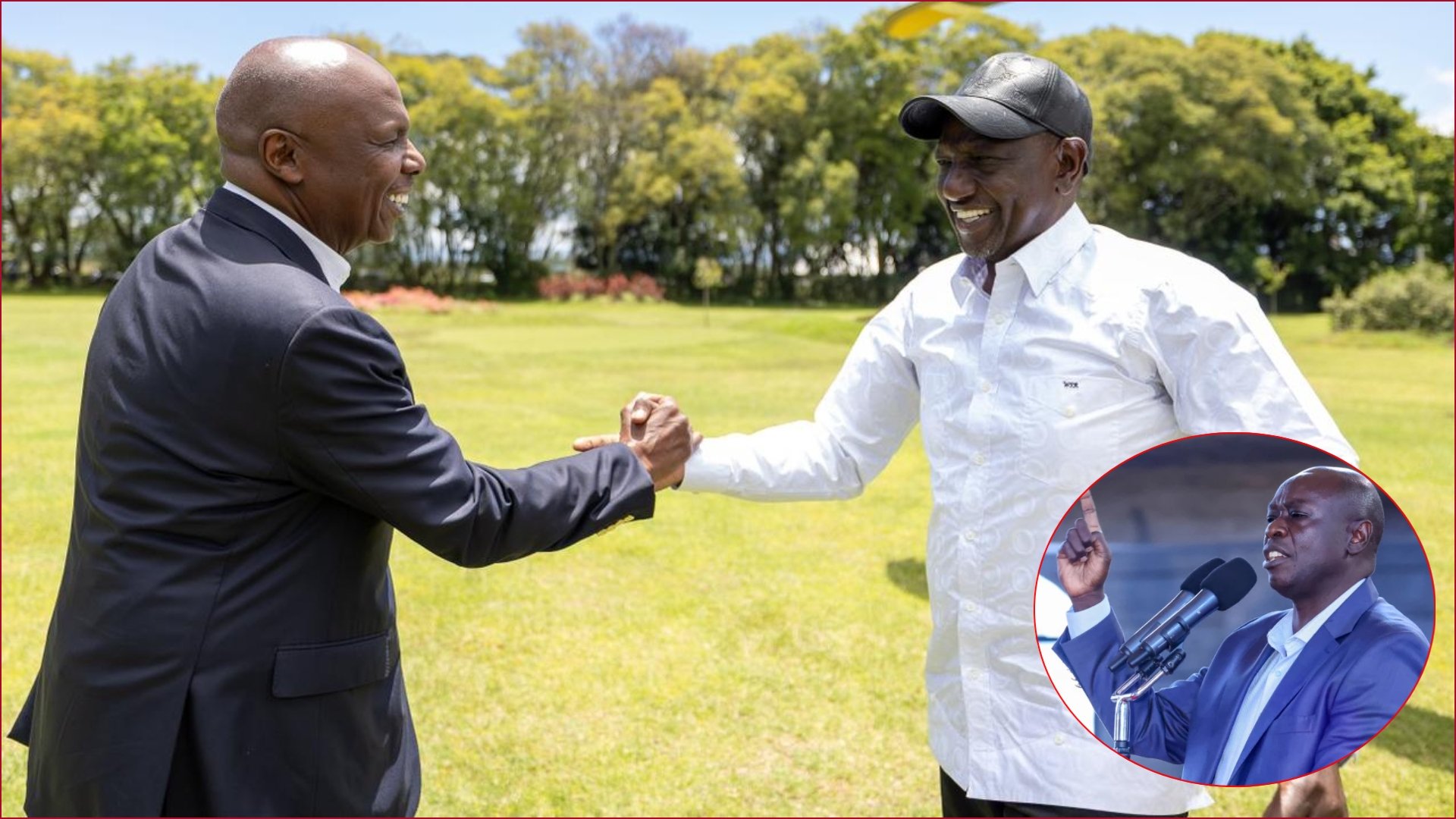
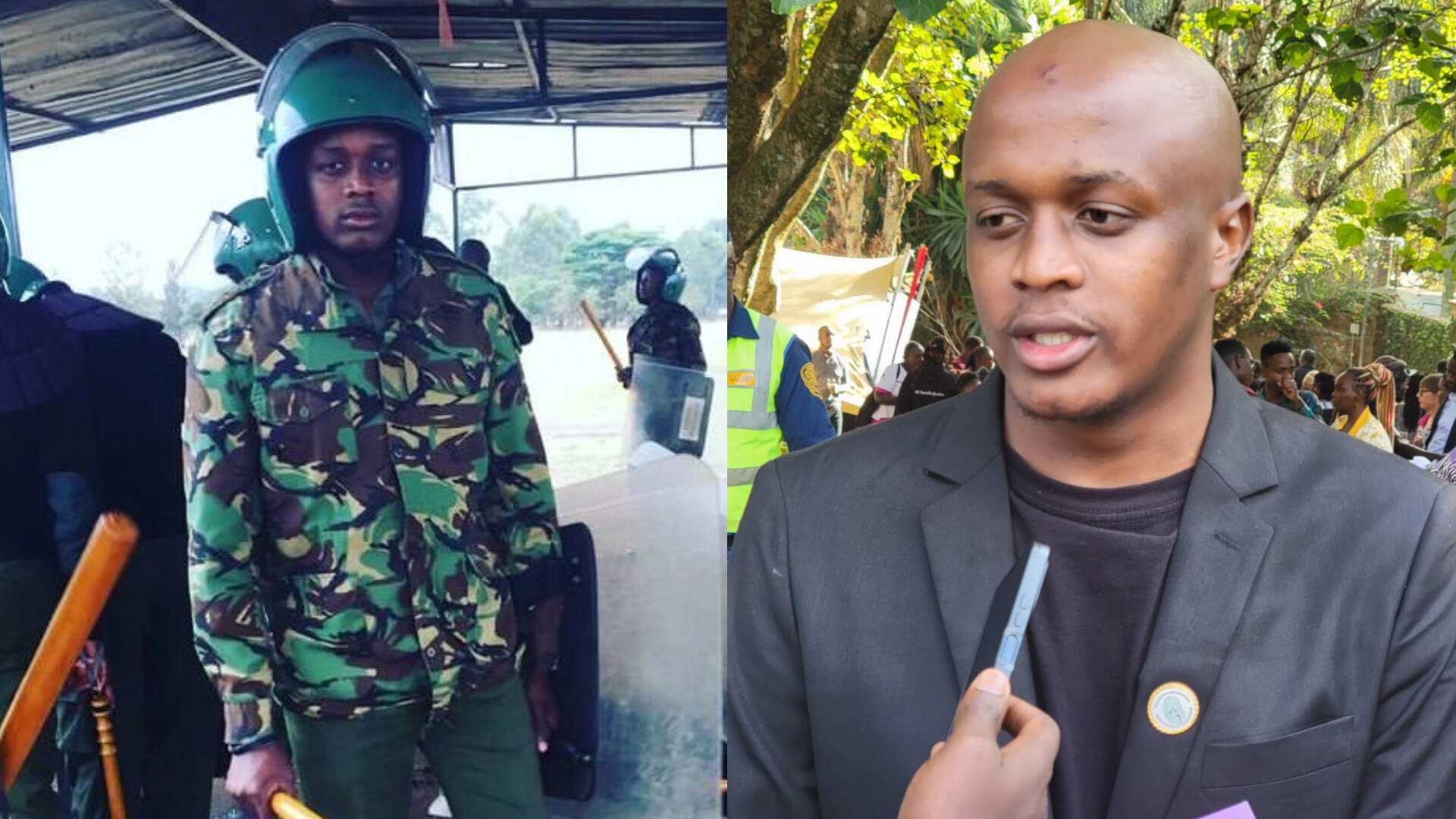
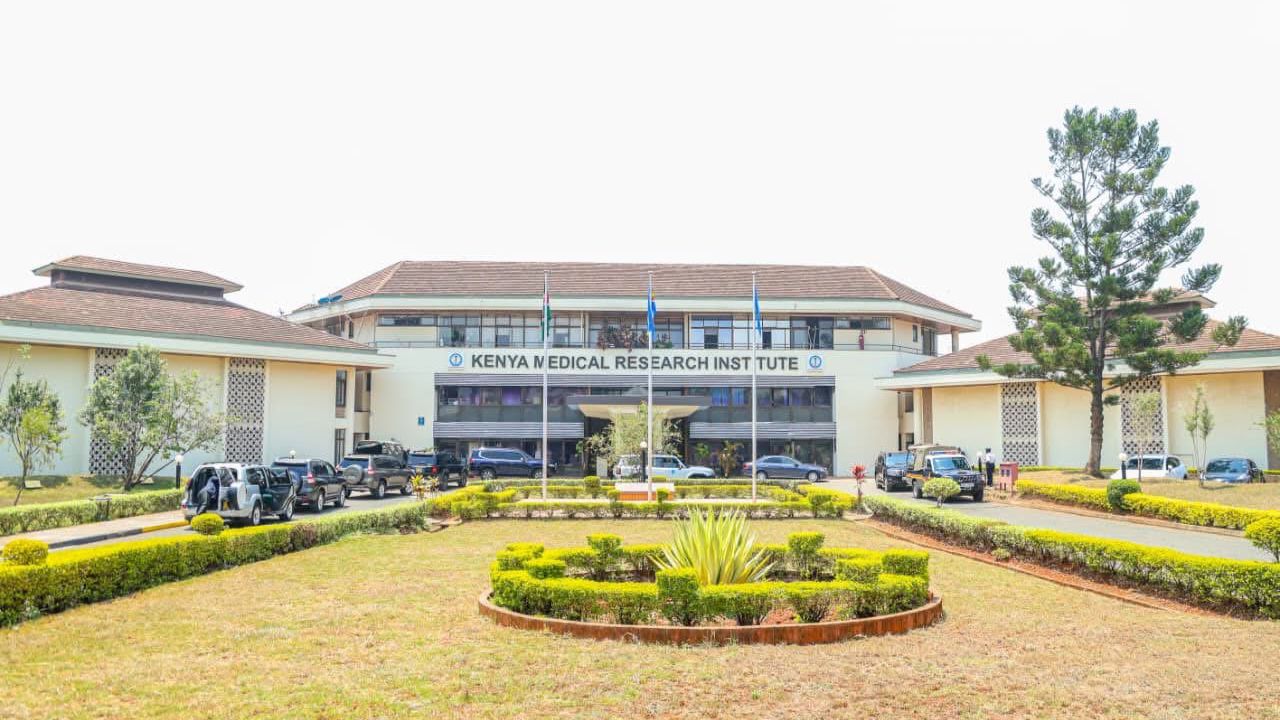
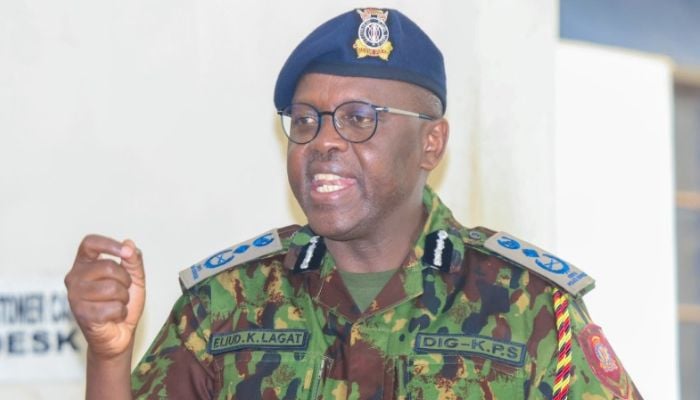
-1760175587.jpg)